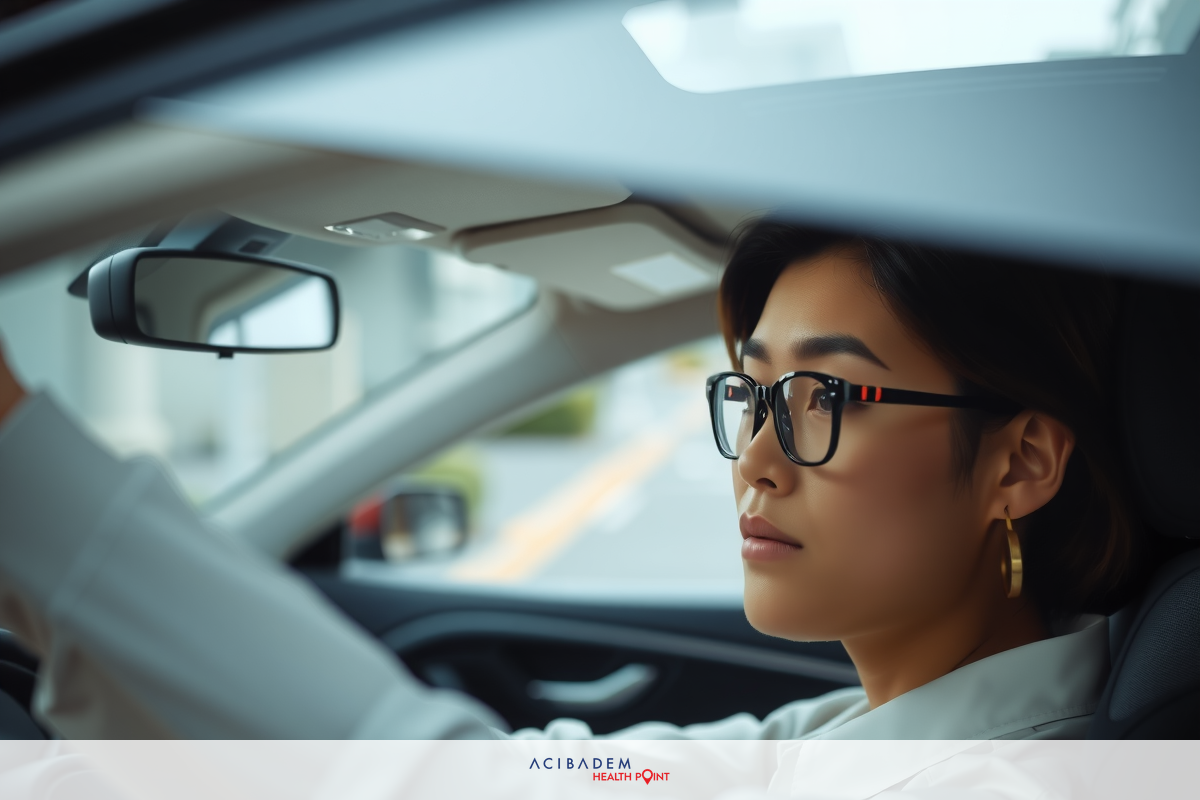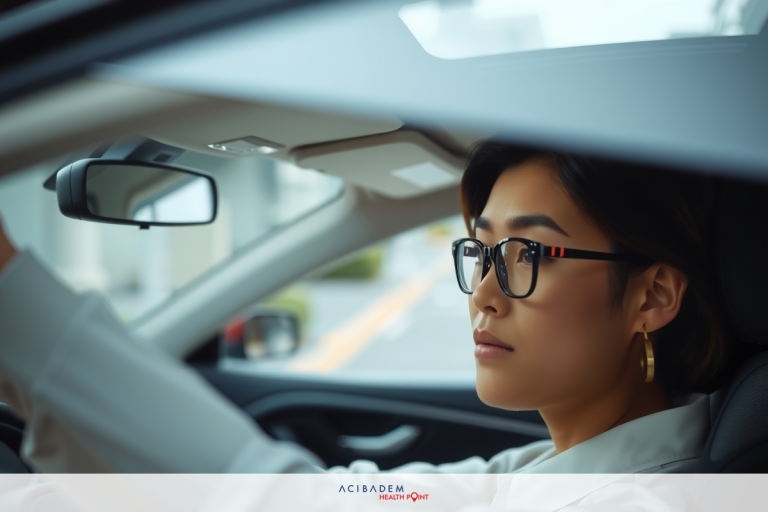How Long After Eye Laser Surgery Can You Drive
How Long After Eye Laser Surgery Can You Drive Driving after eye laser surgery is a topic that might seem straightforward but, in fact, contains many complexities. Each individual’s recovery time can vary widely depending on various factors such as the type of surgery performed and their overall health condition. Therefore, understanding the nuances of this subject becomes an important part of one’s post-operative planning.
Deciphering driving restrictions following eye laser surgery involves a careful analysis of both medical guidelines and personal comfort levels. One must not only consider legal requirements but also take into account how well they can see and react to situations on the road post-surgery. These considerations form an integral part of ensuring safety when resuming driving activities after undergoing any form of eye laser treatment.
Recovery Time
The recovery time after eye laser surgery is a multi-faceted concept that warrants careful attention. It’s not merely about the physical healing process, although that certainly plays a crucial role. The aspect of visual acuity also comes into play when determining recovery time and when it’s safe to resume activities such as driving.
Eye laser surgeries, like LASIK or PRK, have different recovery times due to their unique procedures. For instance, LASIK patients might experience improved vision within 24 hours post-surgery while PRK patients might need several days before they notice significant improvements in their sight. However, this initial improvement does not mean it’s already safe for them to drive.
The rule of thumb following eye laser surgery is to wait at least 24 hours before getting behind the wheel again but this can vary based on individual circumstances and doctor recommendations. A critical factor in determining if one can drive safely post-surgery is whether they meet the legal visual requirement for operating vehicles which varies from place to place. Even if you meet these requirements on paper, your comfort level and confidence in your vision are paramount considerations too.
While medical guidelines provide a starting point for understanding the recovery timeline after eye laser surgery, each patient’s journey will be unique depending upon their personal health factors and how well they adhere to post-operative instructions given by their surgeon. These may include using prescribed eye drops regularly or avoiding strenuous activity that could strain the eyes during early stages of recovery.
But why all this emphasis on driving restrictions? Well beyond just being an essential part of our daily lives—for work commuting or running errands—driving requires sharp visual perception and swift reaction capabilities; both potentially impacted by any form of surgical intervention performed on our eyes.
What makes matters even more complex is that many people tend to underestimate how much mental energy we exert while driving – especially under challenging conditions like heavy traffic or poor weather conditions. It’s not just physical recovery that matters, but also giving your brain the time it needs to adjust to the changes in your vision.
Understanding what “recovery time” truly means and respecting this period is critical for anyone who has undergone eye laser surgery and wishes to resume driving. And while professional medical advice should be your primary guide during this journey, staying informed about these factors will equip you with the knowledge needed to make safe decisions regarding resuming driving post-surgery.
Driving Restrictions
Driving restrictions following eye laser surgery are a critical consideration for patients. These restrictions aren’t

merely medical advice, but they’re often legal requirements designed to ensure the safety of both the driver and others on the road post-surgery.
Several factors influence these driving restrictions, with visual acuity being one of the most important. With that in mind, let’s explore some common guidelines and restrictions you might encounter:
- Visual Acuity: Most regions require drivers to meet specific visual acuity standards. After surgery, your vision may be blurry or hazy temporarily – it’s crucial not to drive until your vision clears up sufficiently.
- Night Driving: Seeing well in low light conditions can be challenging after eye laser surgery due to temporary effects like halos or starbursts around lights at night.
- Eye Protection: You might also have to wear sunglasses while driving for several days post-surgery as your eyes could be sensitive to bright light.
- Medication Effects: Certain medications prescribed during recovery could potentially affect concentration or alertness levels which is another aspect impacting when you should resume driving.
- Follow-up Appointments: It’s vital not only to attend all follow-ups but also arrange alternate transportation means since you won’t be allowed to drive yourself home from these early appointments.
Despite understanding these general guidelines and considerations regarding driving after eye laser surgery, each patient’s situation will differ based on their healing process and personal comfort level behind the wheel post-surgery.
Individuals who’ve had eye corrective surgeries like LASIK or PRK should consult their doctors before resuming regular activities, including driving, as individual responses to these surgical procedures can vary widely.
Frequently Asked Questions
How quickly can I drive after undergoing eye laser surgery?
Typically, it's recommended to wait at least 24 hours post-surgery before attempting to drive. However, this timeframe may vary based on individual recovery progress and doctor recommendations.
What factors will determine when I can start driving again post-surgery?
Factors such as visual acuity, personal comfort level behind the wheel, reaction time and adherence to any medication or treatment protocols influence when you might be able to safely resume driving.
Are there specific restrictions for night driving after eye laser surgery?
Yes, some patients may experience temporary effects like halos around lights at night which could make night-time driving challenging in the immediate aftermath of the procedure.
Can I drive myself home from follow-up appointments after my surgery?
It is generally not advisable to do so. You're often required by medical professionals not only attend all follow-ups but also arrange alternate means of transportation since you won’t be allowed to drive yourself home from these early appointments.
Please keep in mind that these answers are intended for informational purposes only and do not constitute professional medical advice. Always consult with your healthcare provider for advice pertaining specifically to your health condition.








